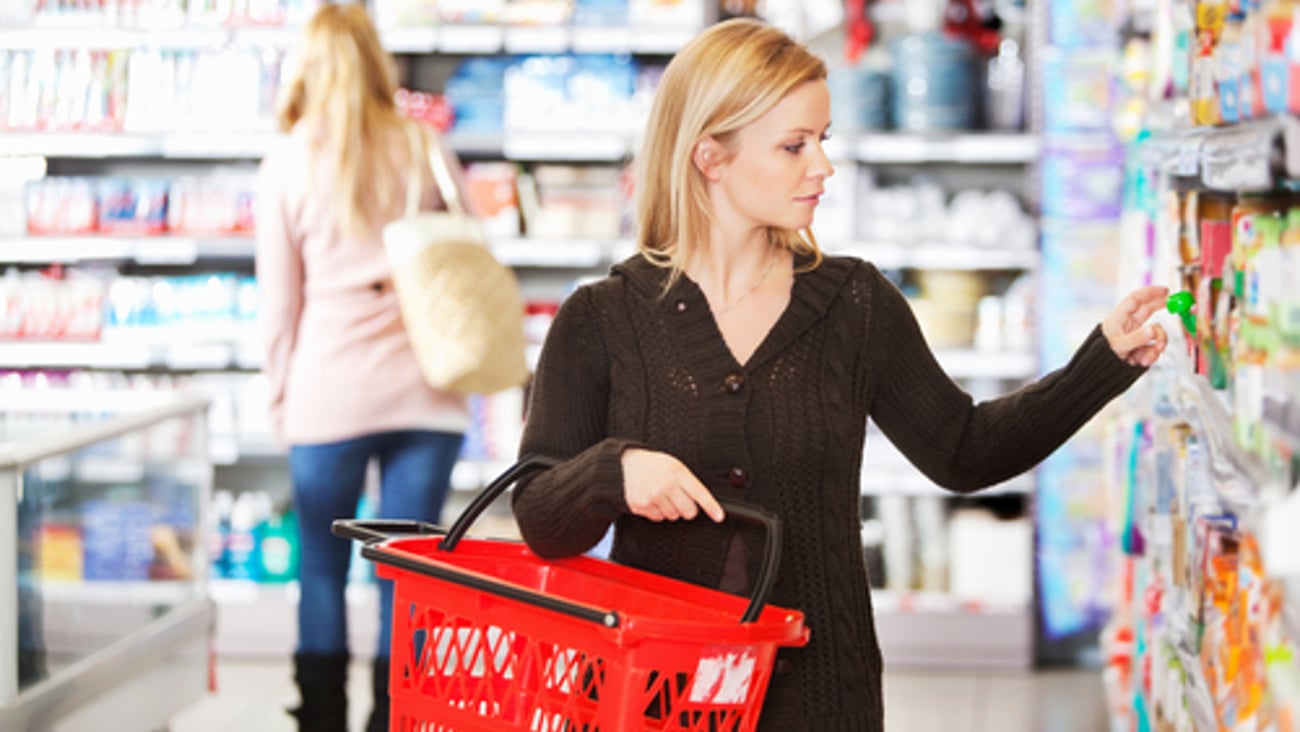Are you ready for the new kids on the block?
Defining generational habits and traits are often shaped by shared formative experiences and major life-changing events. Transformational occurrences like the Great Depression certainly impacted behaviours and needs of the Silent Generation, now aged 75+ years old, while the 9/11 terrorist attack impacted and imprinted millennial (25 to 41 years old) practices and perspectives. The current global health pandemic and societal lockdowns are no different.
While our pandemic experience has prompted change across the generations, it potentially stands to have the biggest long-term effect on activities and attitudes of Gen Z consumers, now aged 11 to 24 years old or those born between 1997 and 2008 (though that definition may vary slightly depending on who you ask). The cohort currently represents almost 20% of the Canadian population.
Gen Z priorities, particularly among the leading Gen Z adult segment (aged 19 to 24) are shaped by egalitarianism, diversity and a conscious code of ethics. Beliefs and perceptions of the younger Gen Z segment (aged 12 to 18) are currently being modelled in these turbulent times.
Gen Z food-shopping habits continue to show strong development at convenience and gas outlets. However, fewer immediate consumption trips and more online shopping options necessitates that stakeholders in the C&G channel update their understanding of the evolving needs and habits shaping Gen Z choices, especially if they want to remain relevant in the post-pandemic era.
Conscious consumption
Ipsos FIVE daily consumption tracking data reveals that a key element shaping eating and drinking choices is consideration for options that support the ‘social good’. Activating against the Gen Z need to support brands that address environmental concerns and ethical production criteria provides boundless opportunity across many core categories.
Priorities include, food safety, quality (non-GMO, organic), local products/ingredients, sustainable packaging, sustainability, fair trade and treatment of workers in the production process
Physical and mental well-being benefits
A rising share of Gen Z consumption occasions in the pandemic era are motivated by the need for something healthy and nutritious (+3%).
As the C&G channel continues to show lower development in meeting traditional health needs focused on nutrient intake (i.e. less calories, less sugar, more fresh fruits/vegetables, more protein content), the Gen Z holistic and expanding approach to defining what is healthy is a notable development.
The pandemic experience—characterized as a time of increased stress, anxiety and boredom—has further prompted Gen Z consumers to opt for healthy options that meet physical energy goals, while also seeking options that support emotional and mental well-being.
Adapting shelf set to add functional options that aid in relaxation and anxiety relief is a considerable opportunity.
Meal solutions
Ipsos Foodservice Monitor continues to show strong development for Gen Z traffic at foodservice, even in the midst of pandemic-driven channel declines. Continued expansion of current offers or partnership growth will undoubtedly continue to attract Gen Z shoppers.
While homebound during the pandemic period, Gen Z meal preparers, most likely to dine alone, continue to look for easy solutions to aid with daily preparation rigors. Home habits have prompted more consumption of cereal, potato chips, vegetables, and chicken and rice, with fewer dining occasions that include, cheese, granola bars, sandwiches, potatoes and burgers.
Can C&G stakeholders develop a suite of solution-oriented meal options that could promote more fill-in and emergency trips? In addition to food type, consider pack size and type; format preferences like kits; and other easy preparation criteria as key to meeting needs.
Mobile, mobile, mobile
Surrounded by information, technology and interactive devices, Gen Z continues to demonstrate strong information gathering habits on mobile devices, with almost half of the segment reporting always or regularly researching food and beverages before deciding to buy.
In addition, there’s opportunity to digitize in-store experiences (think micro-markets) to connect with Gen Z shoppers.
Alcohol habits
As members of the Gen Z cohort continue to age, they will undoubtedly be a future force in the alcohol sector. The Ipsos ACT Canada daily consumption tracking shows that Gen Z adult drinking habits have not decreased due to the closure of restaurants and bars, but have moved home.
Gen Z adults are not drinking less, they are drinking differently, which provides considerable opportunity to develop relevant product mixes and pairing promotions to spur visits.
Overall, Gen Z is more pragmatic, practical and socially conscious than the predecessor generation. In turn, key players in the C&G sector will need to recognize that there are unique differences between Gen Z and their millennial counterparts. Rather than targeting them as one broad segment, craft offers to their unique needs and desires, particularly as the ‘new kids on the block’ shape up to be the next influential generation.




